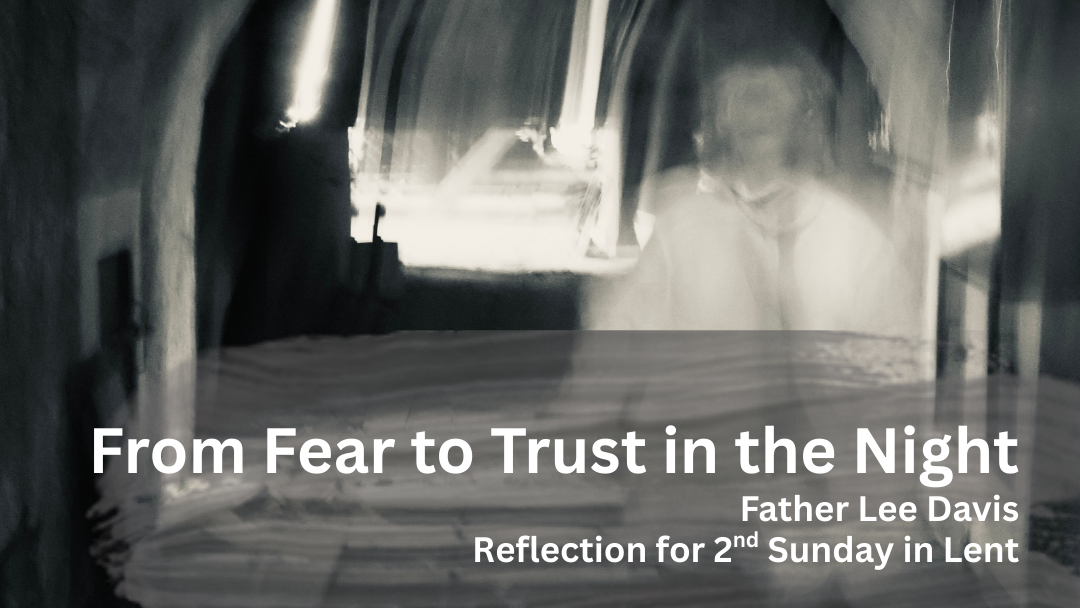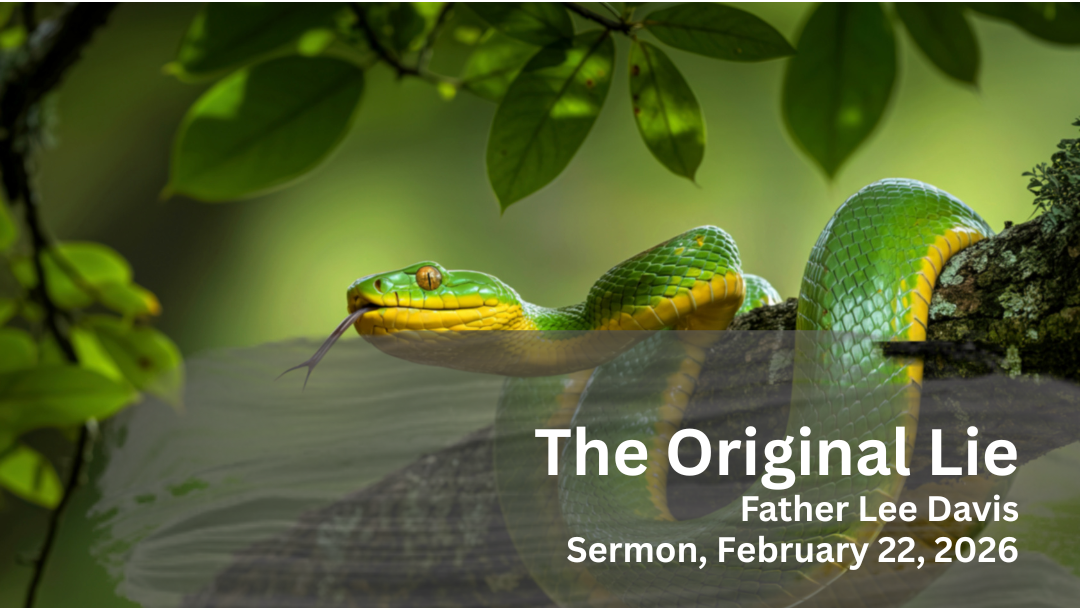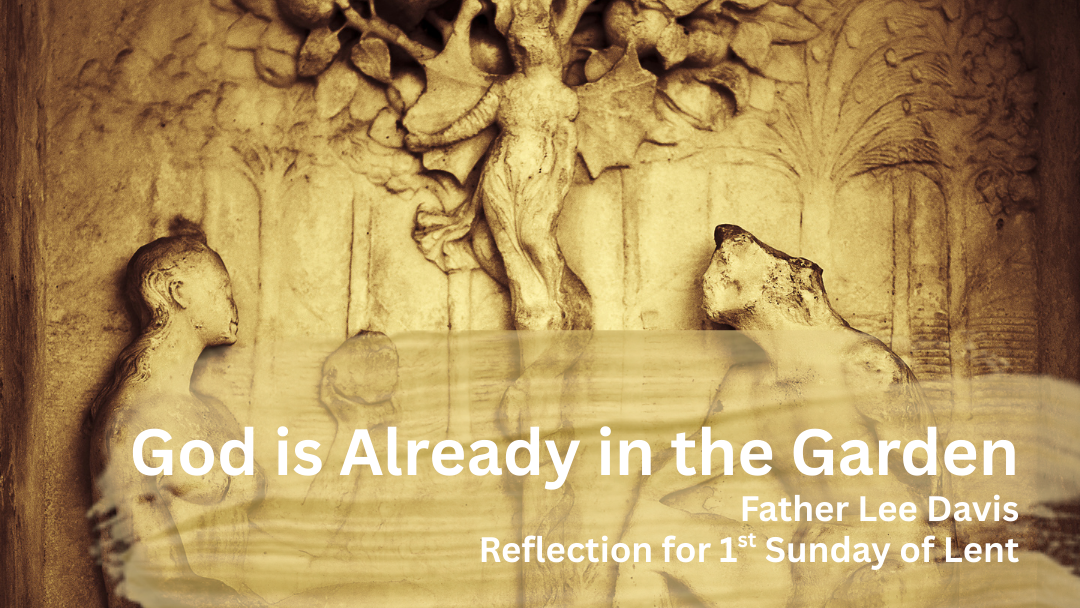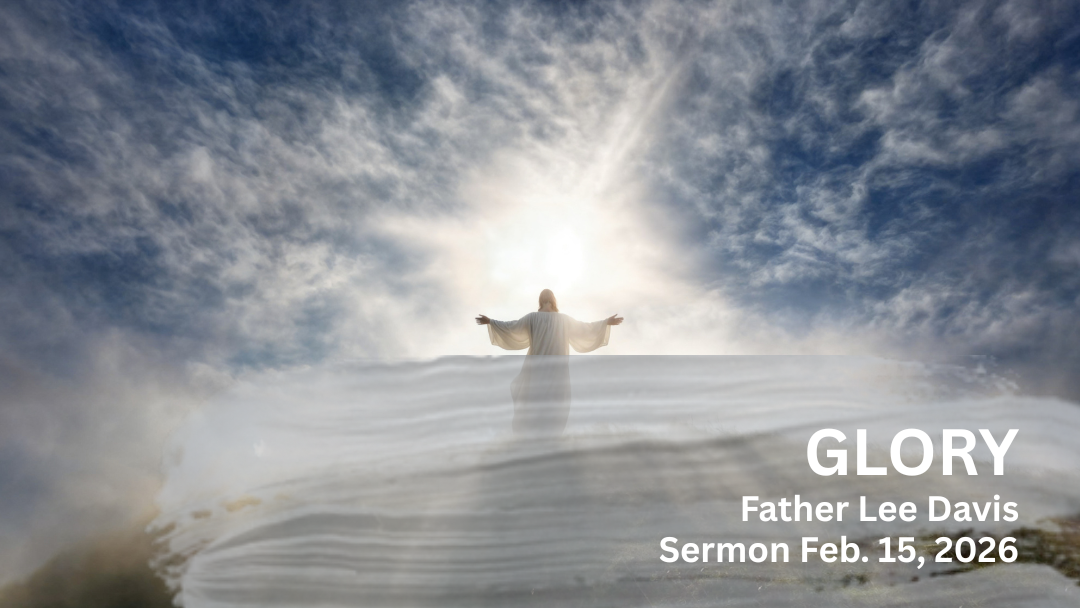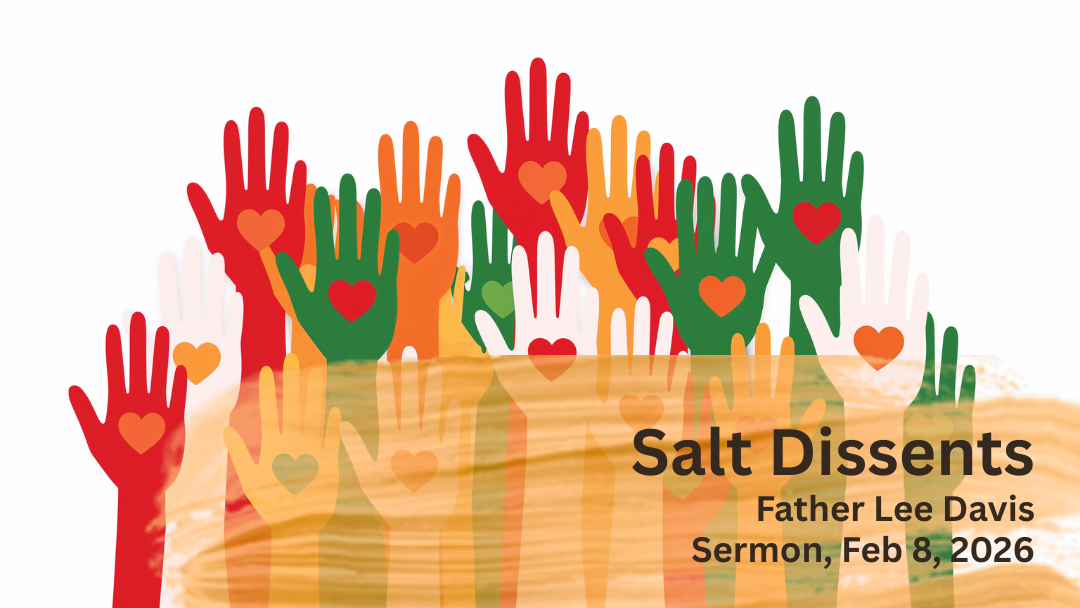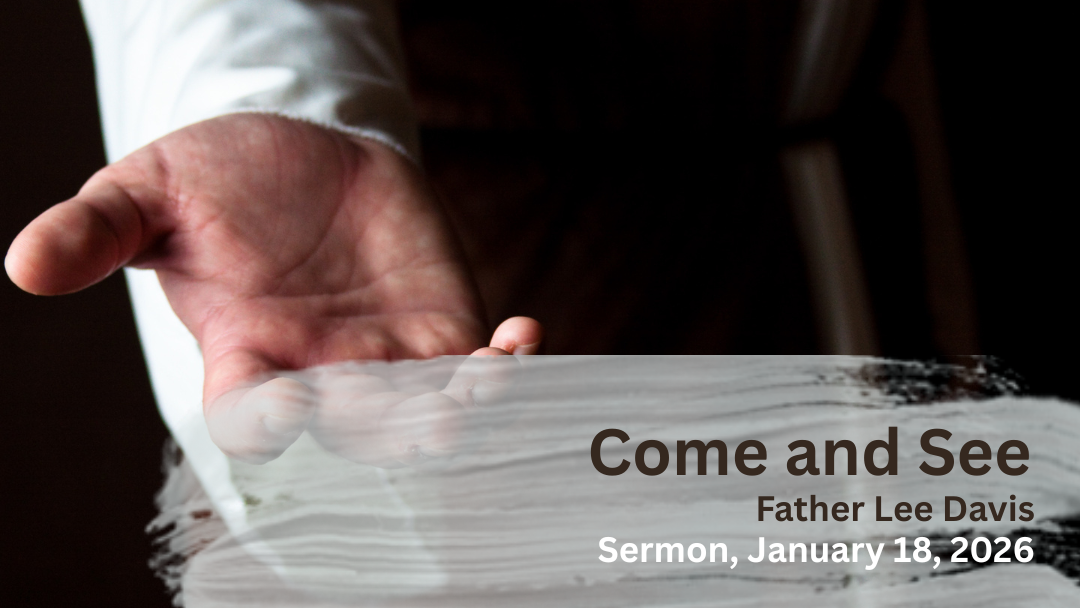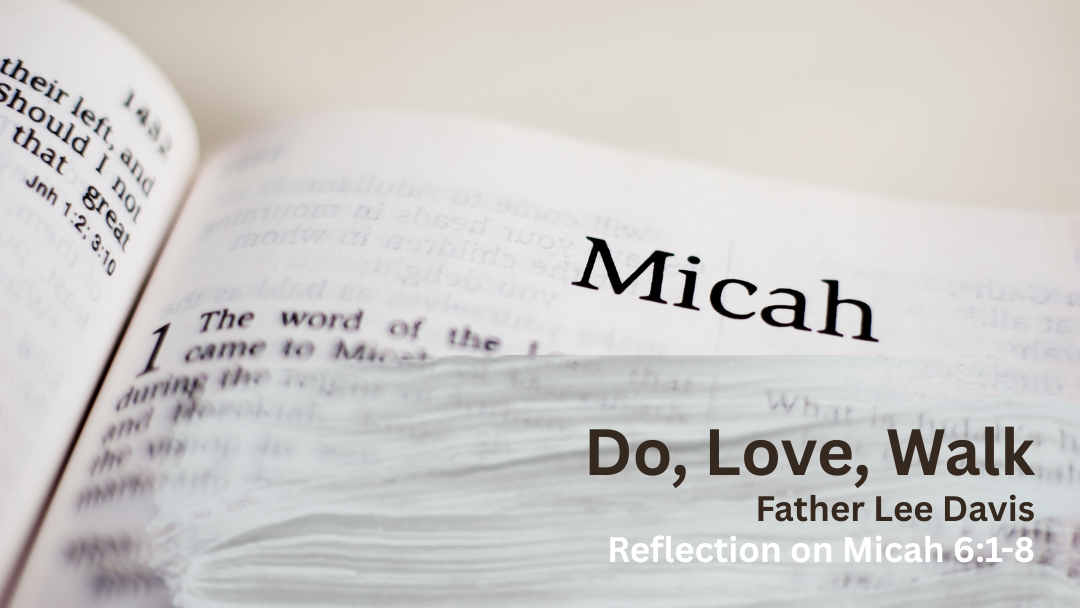Until All Are Free
Theology, Identity, and the Gospel of Liberation
This Sunday, as we honor the celebration of Pride Month, we’ll hear one of the boldest and most liberating declarations in all of Scripture:
“There is no longer Jew or Greek,
there is no longer slave or free,
there is no longer male and female;
for all of you are one in Christ Jesus.”
(Galatians 3:28, NRSV)
It’s easy to overlook just how revolutionary this verse was—and still is. Paul’s words in Galatians are not just poetic theology. They are a spiritual manifesto. In a world ordered by rigid categories—ethnicity, class, gender—Paul declares that the boundaries that divide us have been shattered by the life, death, and resurrection of Christ.
This is not about sameness. It’s not that difference disappears in the Body of Christ—it’s that no difference can become a barrier to belonging. In baptism, we are clothed with Christ—not to lose our identities, but to see them transfigured by grace and held in beloved community.
For centuries, the Church has struggled—and often failed—to live into the fullness of this truth. LGBTQ+ people, along with many others—immigrants, people of color, people with disabilities, those who live on the margins—have been told in words and actions that they are less than, or outside God’s embrace.
Pride Sunday in the Church is a theological response to that injustice. It is a visible reminder that the gospel is not reserved for the powerful or the “acceptable,” but is good news especially for those whom the world has pushed aside.
When we affirm LGBTQ+ people, we are not capitulating to culture. We are following the way of Christ, who broke social norms to touch the untouchable, speak with the silenced, and lift up the lowly. We are reclaiming the radical truth that God’s image is found in all people, and that liberation—real, embodied liberation—is the work of the Spirit among us.
This Sunday, we’ll hear that old familiar passage from Galatians. And we’ll ask what it means to live as though it’s really true.
Until all are free, none of us are free.
And in Christ Jesus, all of us—every single one of us—are one.




